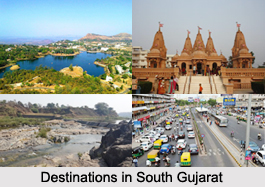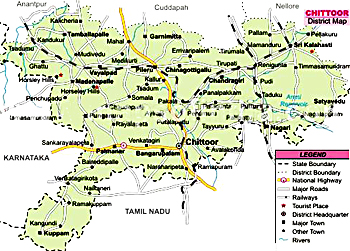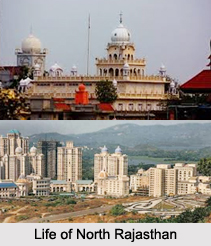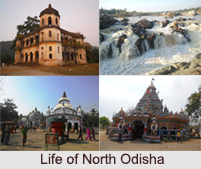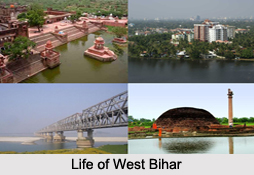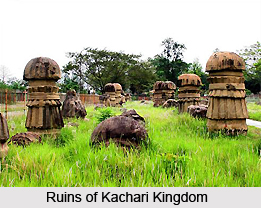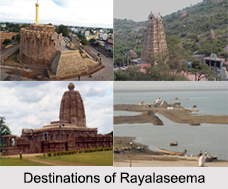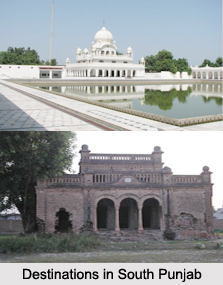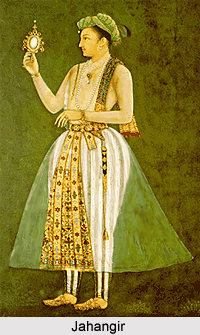 Administration of Bihar during the Mughal rule was an exact miniature of the central government. The head of our administration was the governor officially styled as Nazim and popularly known as Subadar. Jahangir began the practice of appointing royal princes to hold charge of the province of Bihar.
Administration of Bihar during the Mughal rule was an exact miniature of the central government. The head of our administration was the governor officially styled as Nazim and popularly known as Subadar. Jahangir began the practice of appointing royal princes to hold charge of the province of Bihar.
Prince Parwez was the first Mughal prince to get this office. The others who also belonged to this post were Suleman Shikoh, Azam and Azimusshan. Parwez gave his name to Paleza (Parwezabad) and built the Sangi (Pathar-ka-Masjid) at Patna. Mukhlis Khan was Parwez`s agent at Patna. Besides Governor, there were Diwan, Bakshi, Qazi, Sadar, keeper of the government property and Muhtasib. Each Subadar tried to play the role of the Emperor in his own jurisdiction. The Dewan was responsible for the management of the Exchequer and the revenue, Bakshi was the paymaster and kept the official account. The Qazi looked to the maintenance of canon law. The Sadar was in-charge of religious endowments and charity. The Muhtasib was in-charge of the public morals. His duty was to regulate the lives of the people in strict accordance with the Quranic rules and to enforce Prophet`s commands by putting down the drinking of distilled spirit, Bhang and other liquid intoxicants, gambling and the practice of immorality as a profession or in public.
There was no check upon the royal will. The office of the Wazir depended entirely on Emperor`s caprice. The Fauzdars were appointed at important centers to maintain order, punish rebels and wrong doers and help out in the collection of revenue when opposed. The villages were neglected and were left to live their own lives as self-governing units. Kotwai or Prefect of the Police was appointed in the cities.
The Kotwals had to enforce law and order and to discharge many functions of a modern municipality, control markets and maintain the Quranic rules of morality. The Subadar used to commit excesses and oppress the people. They used to seize merchants` goods in transit pay inadequate price or no price at all for them and utilized them for personal purposes. In spite of the repeated efforts of the emperors, such activities could not be checked.
The people had no economic liberty, no indefeasible right to justice or personal freedom. Political rights were unknown in those days. The nobles had no constitutional position. Popular happiness was unstable because it depended upon the sweet-will of the sovereign. During the later period, officials became corrupt and bribery and nepotism became rampant. However the people at the bottom were pure and simple.









